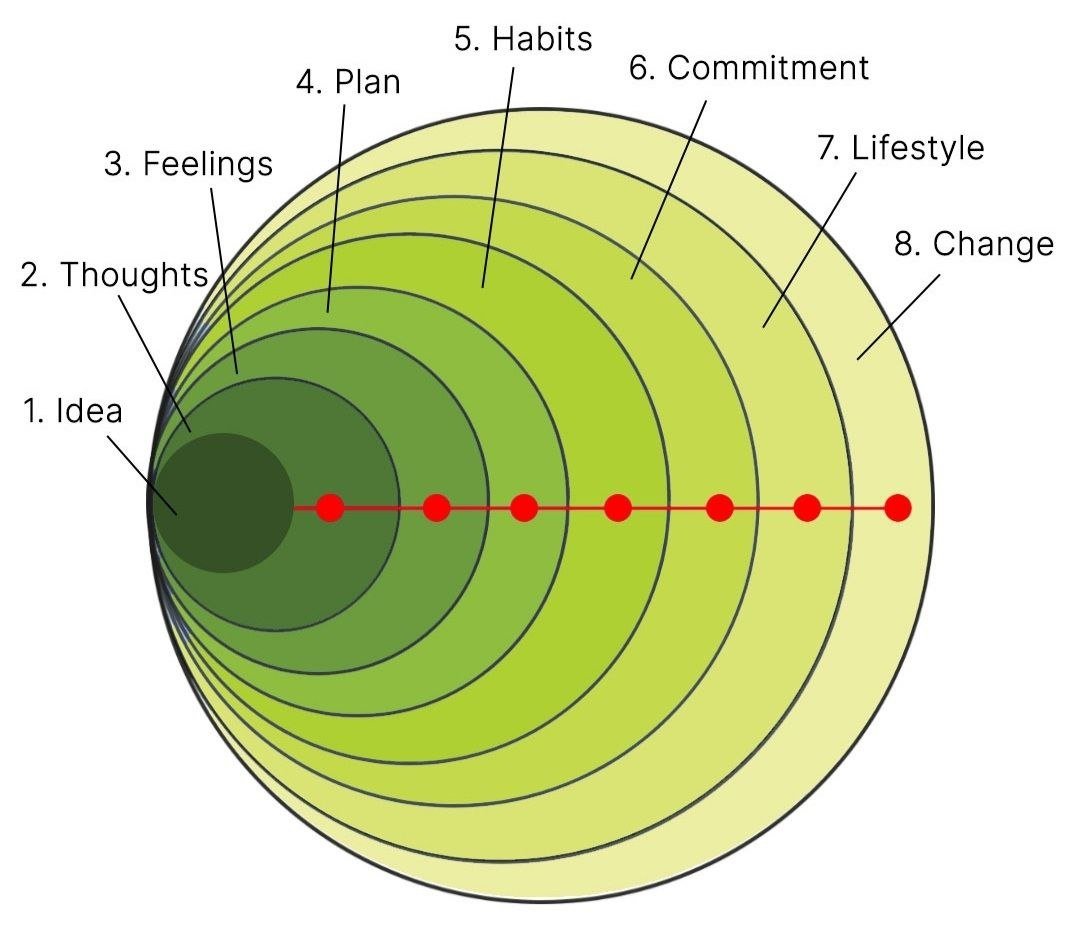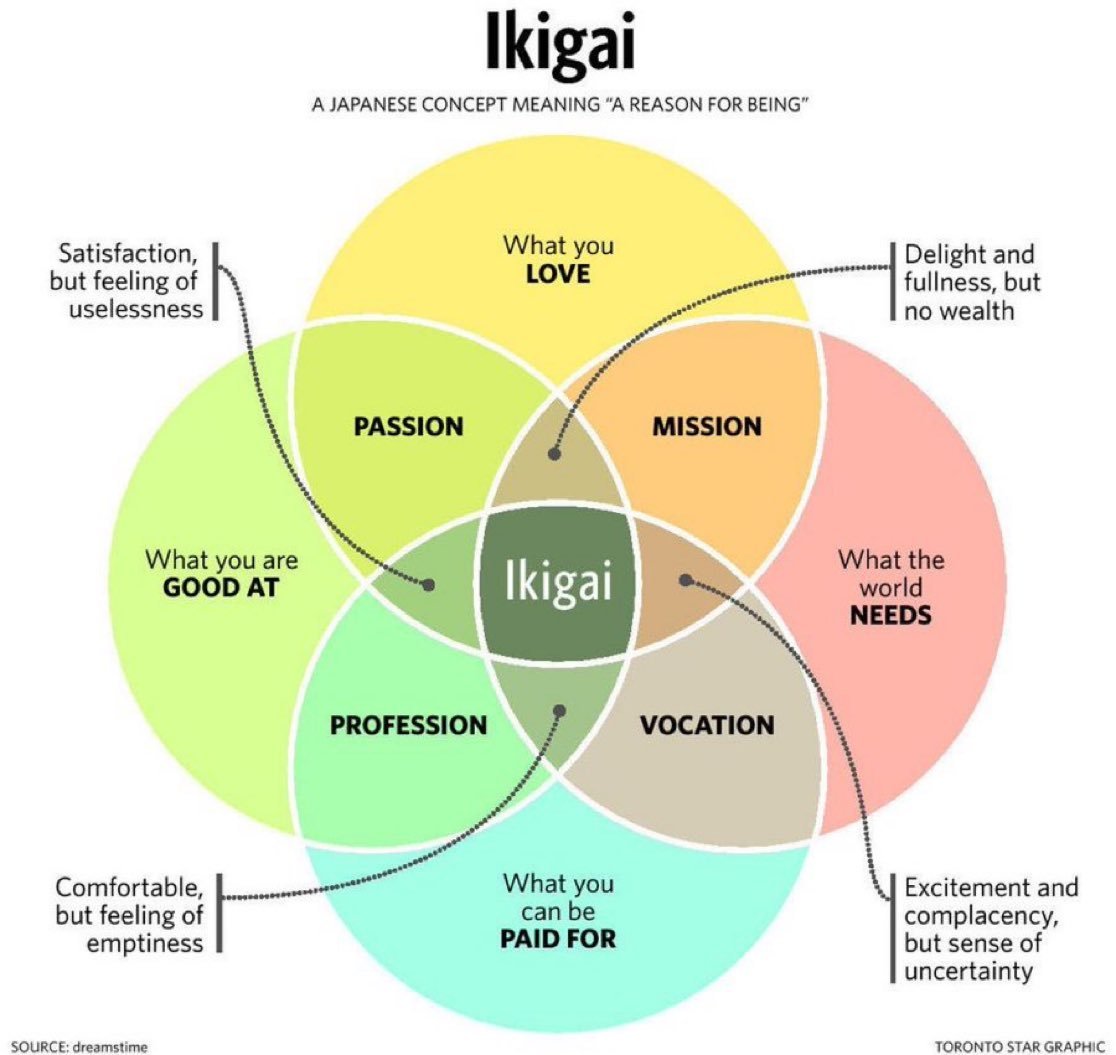Illustration: Liz Fossilien ©
Progress is not always visible on a day-to-day basis; it becomes evident only over time. Here’s how you might notice your growth:
You are less reactive to drama and now choose your battles wisely.
Your circle of friends is becoming smaller but stronger—prioritising quality over quantity. You are surrounding yourself with people who uplift you rather than drag you down.
You are embracing discomfort, whether it’s regularly going to the gym, learning a new skill, or having tough conversations with yourself.
You are saying no more often. Recognising that people-pleasing is unhealthy, you now prioritise your time and energy as the valuable resources they are.
You are investing in yourself through books, courses, therapy, and other means. You understand that the best investment is in your own growth.
Keep pushing and keep growing as I think the best version of you is still ahead.





















